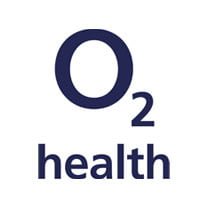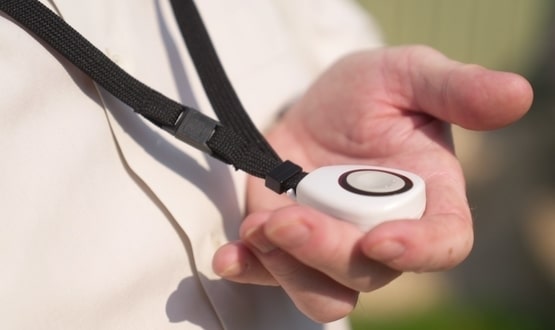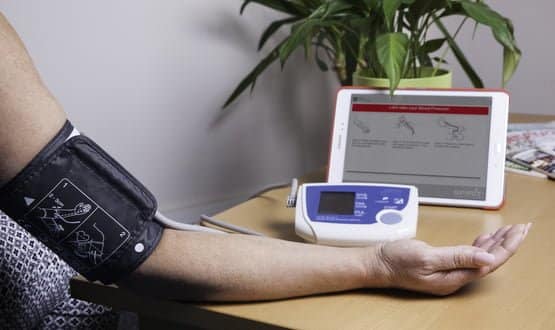O2 launches mobile helpline service
- 8 March 2012

O2 Health has launched a new mobile telecare service using devices that can detect falls and alert a 24/7 call centre.
Help at Hand involves a mobile-enabled pendant or wristwatch connected to a secure website and alarm receiving centre.
It has been trialled by Devon Partnership NHS Trust with people with mental health issues and Leeds City Council with older people and young people with learning difficulties.
O2 Health managing director Keith Nurcombe launched Help at Hand at the King’s Fund International Congress on Telehealth and Telecare 2012 yesterday.
He said it used the O2 mobile network to give patients the confidence and security of knowing they will be looked after if something happens affecting their health both inside and outside of the home.
Nurcombe said 99% of telecare systems available in the UK were land-line based, meaning patients only had this reassurance while at home, which restricted them in going about their daily lives.
If the alarm is activated on the device, receivers in a call centre can see the patient’s website profile with details about who to call and how to deal with different situations.
The pendant or wristwatch has a fall-down detector and GPS to locate the user. This means safe zones can be defined and, if a patient moves out of the zone, the call centre is alerted.
This feature was used in the Devon trial, which used GPS tracking to monitor those at risk of suicide and those using the low secure forensic service.
Devon Partnership NHS Trust managing partner research and development, Tobit Emmens, said the devices allowed healthcare professionals to interact with patients at risk from suicide when they entered into high risk areas, before the situation could escalate.
“In Devon we have places where people go to take their lives. Through conversations with patients we found that when entering into an area that holds difficult memories, it sometimes presents opportunities to make unhealthy decisions,” he explained.
Having the devices with them gave patients greater confidence that they could go about their lives and if a crisis emerged, it was dealt with at the time, Emmens added.
Help at Hand was also used to track low secure forensic service patients when they left the facility on leave.
Emmens said the trust was looking at longer term use of the system. Leeds City Council trialed the devices as part of its Leeds Telecare Service which currently has 70 users.
Spokeswoman Marianne Howard said use of Help at Hand reduced the likelihood of users needing to move into sheltered housing or residential care. Carers were not required to be with patients for such long periods which could reduce costs.
The system also gave peace of mind to carers who knew they would be alerted if there was a problem.
Nurcombe said the company was working on getting some hard data together on how the system reduces use of secondary care, but said telecare was proven to help avoid unnecessary admission to care homes, reduce emergency call outs and days in hospital.
Help at Hand will be available to health and social care organisations from April. Nurcombe said it would ultimately also be released to the public so consumers can buy it for themselves.




